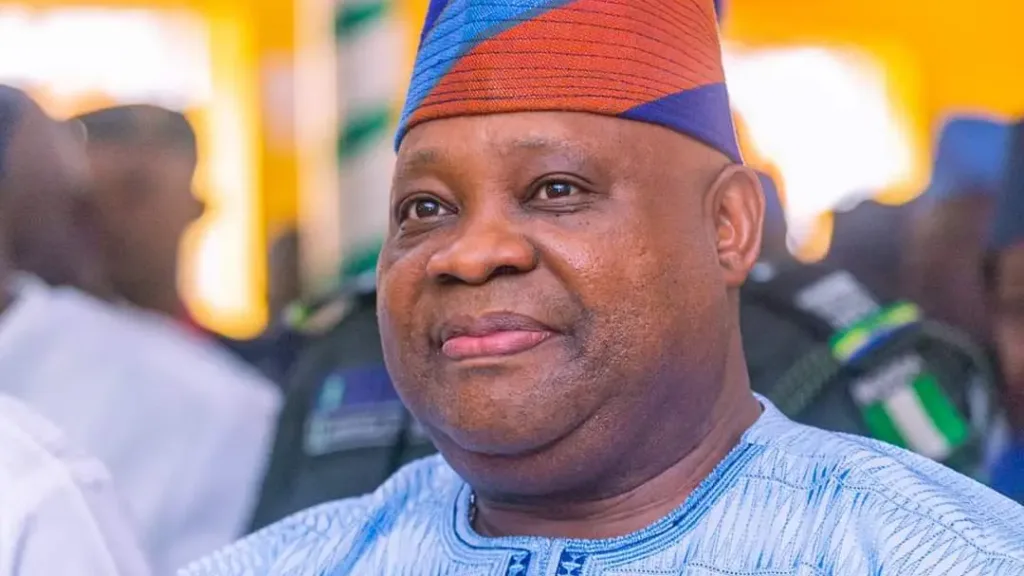The Osun State chapter of Nigeria’s Peoples Democratic Party (PDP) has asserted that Governor Ademola Adeleke’s re-election in 2026 will be easily secured, dismissing the opposition All Progressives Congress (APC) as unprepared to mount a credible challenge. In a sharply worded statement, the PDP criticized the APC’s growing roster of governorship aspirants as a sign of disarray, framing the upcoming election as a referendum on Adeleke’s performance versus the APC’s past governance.
Oladele Bamiji, the PDP’s media director, described the APC’s surge in aspirants as “amusing” and indicative of “political irrelevance,” suggesting the opposition party lacks viable leadership. “Osun is not a rehabilitation center for serial election losers,” he said, targeting figures within the APC who have previously lost elections or held office. Bamiji challenged aspirants to clarify their motives for seeking power, questioning whether they aimed to address unresolved issues from their prior governance, including unpaid salaries, pensioner neglect, and cuts to local government workers’ funds.
The PDP argued that Adeleke’s administration, which took office in 2022, has prioritized public welfare, contrasting it with what it called the APC’s legacy of “failure, deceit, and arrogance.” Bamiji pointed to federal-level decisions under the APC-led government, alleging withheld funds for local councils and unresolved pension debts as ongoing obstacles for the opposition. “APC candidates must explain why they ignored pensioners’ suffering and slashed workers’ entitlements,” he said, framing the election as a choice between continuity and regression.
Responding to the APC’s criticism of Adeleke in local media, Bamiji dismissed the attacks as baseless, asserting that voters now prioritize tangible outcomes over rhetoric. “Insults won’t erase the governor’s record,” he said. “The people demand results, not noise.”
The statement reflects simmering tensions ahead of Nigeria’s 2026 gubernatorial elections, with Osun emerging as a strategic battleground. Analysts note that Adeleke, a member of a prominent political family, has focused on infrastructure and welfare programs since taking office, though the state still faces challenges such as fiscal constraints and unemployment. The APC, which governed Osun from 2010 to 2022, has yet to formally respond to the PDP’s claims but faces pressure to unite behind a candidate capable of countering the incumbent’s appeal.
Recent Nigerian elections have increasingly turned on assessments of economic management and public service delivery, trends likely to shape the Osun contest. With Adeleke’s camp projecting confidence and the APC seeking to regroup, the rivalry underscores the high stakes of subnational politics in Africa’s most populous democracy.
